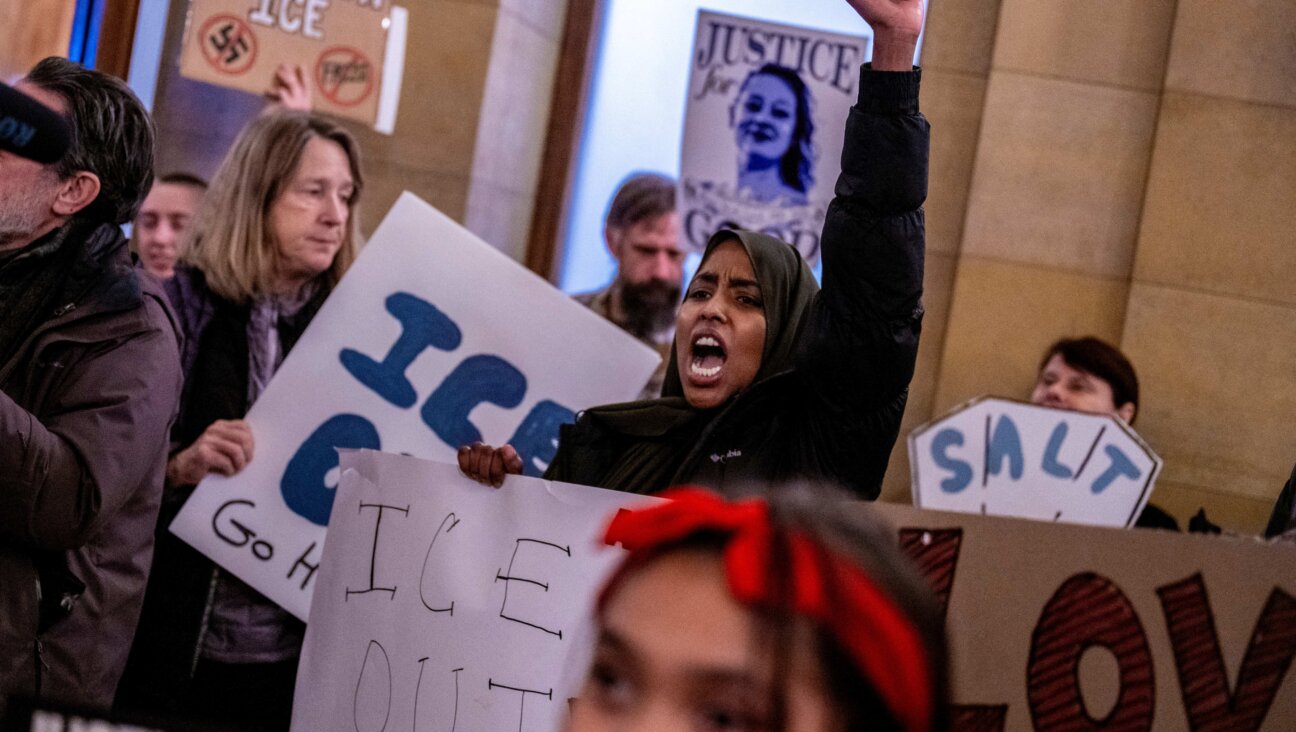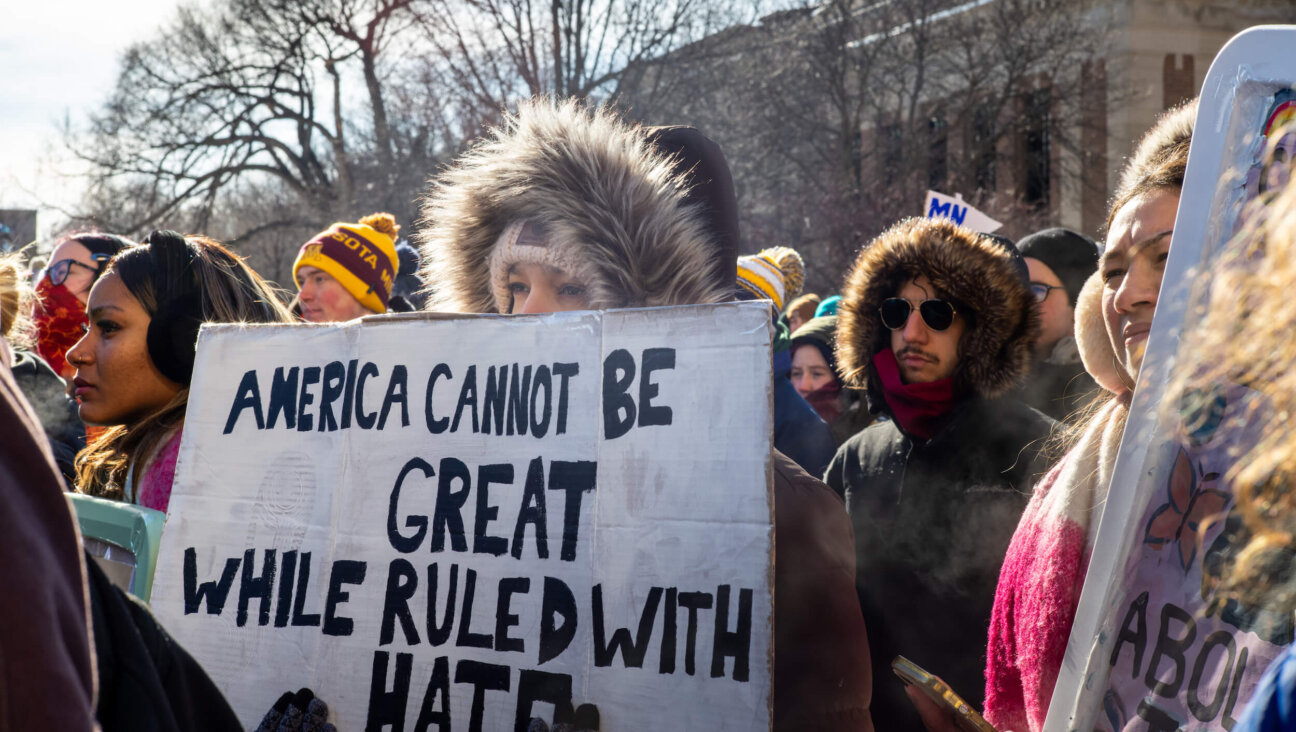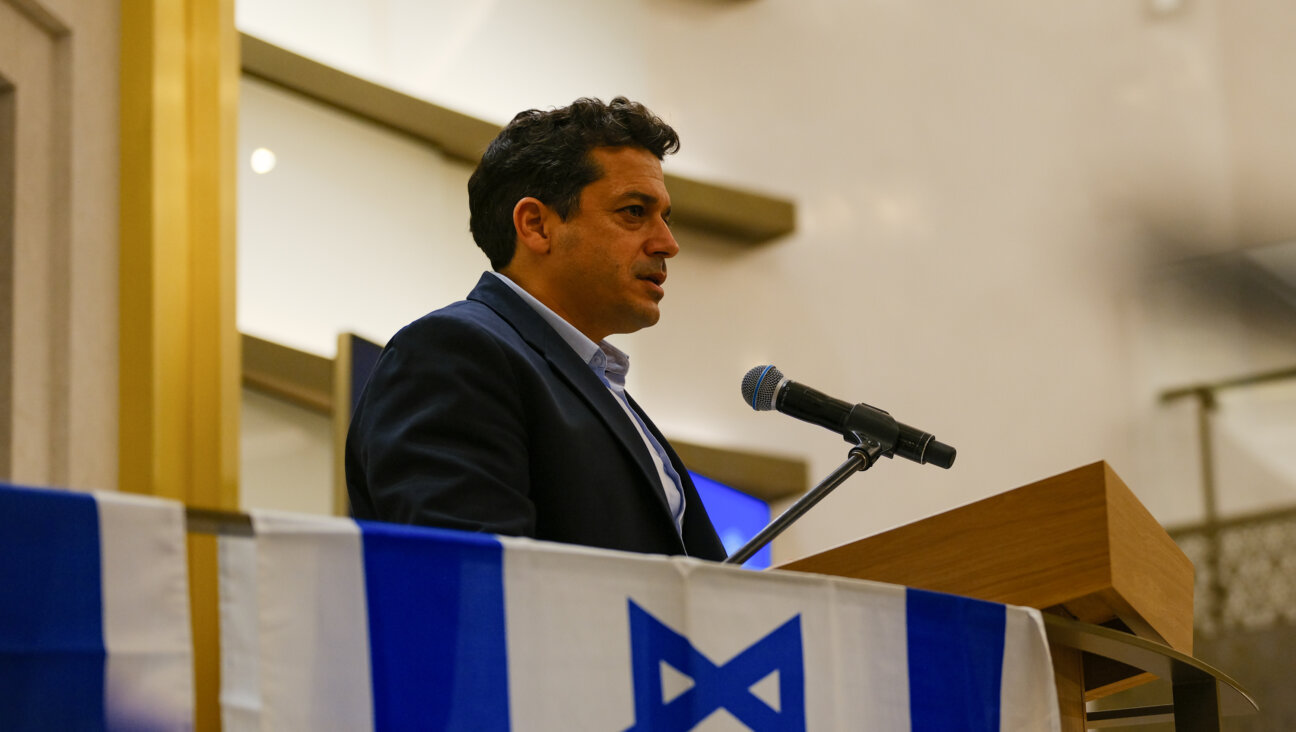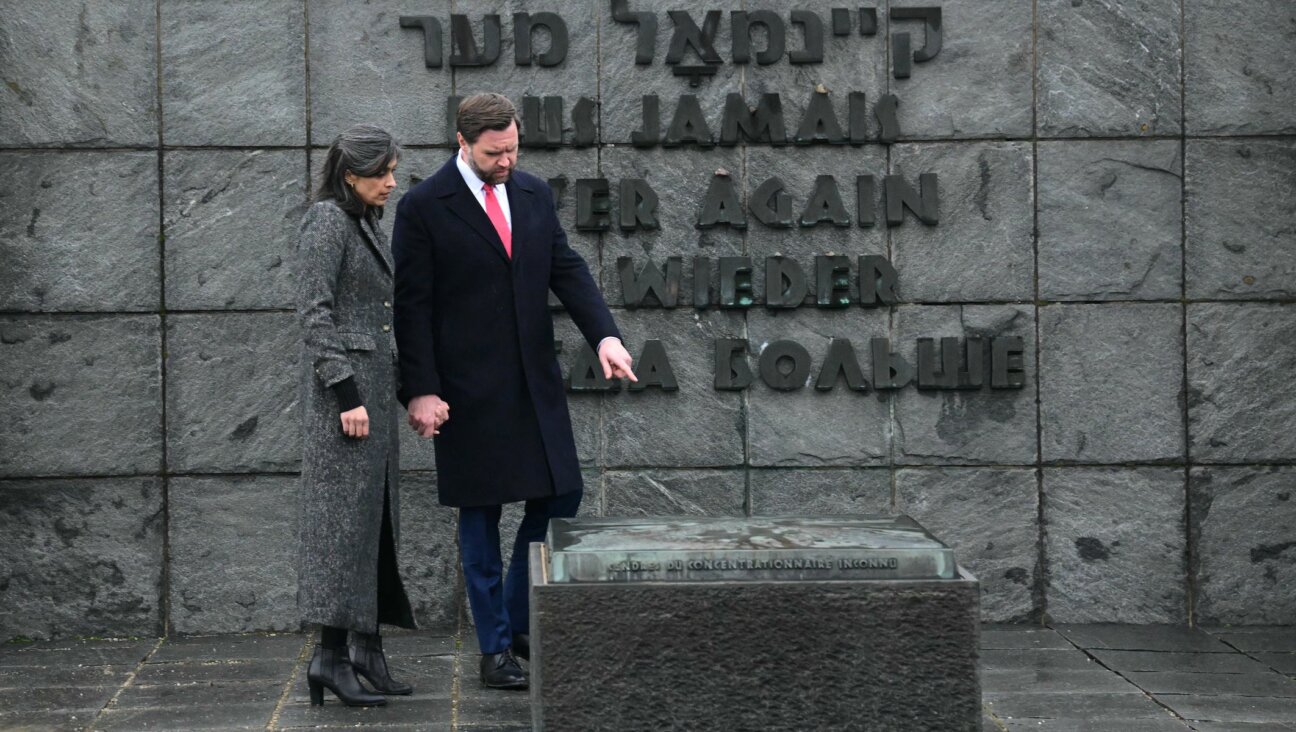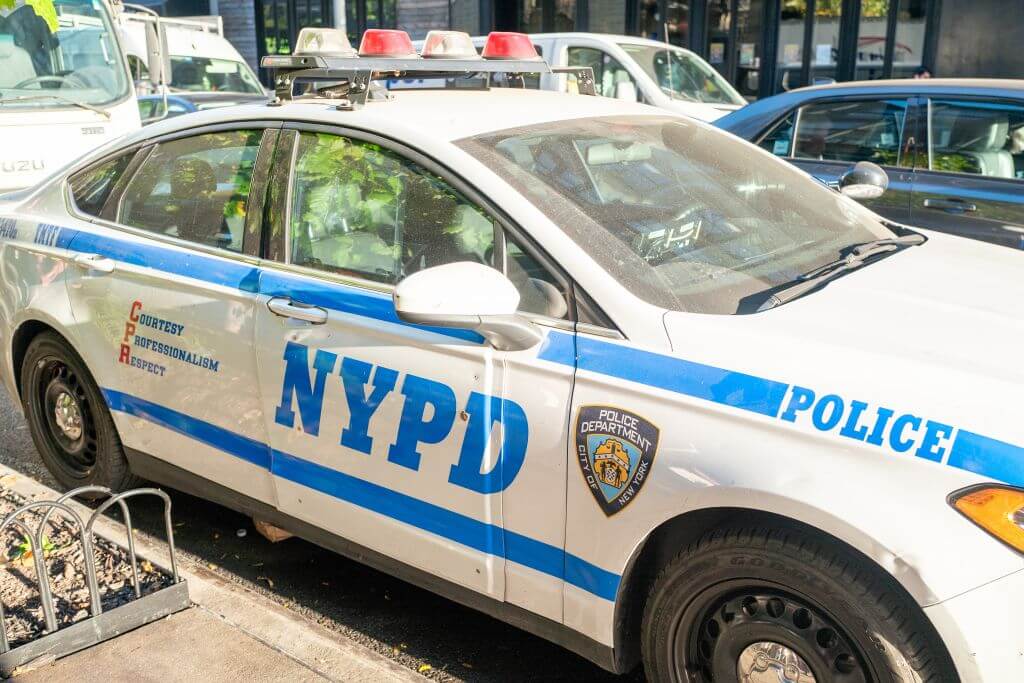Rescue and Resistance
Sixty-eight years ago this week, Adolf Hitler unleashed the infamous Kristallnacht pogrom. Savage mobs beat and murdered Jews, smashed their stores and burned down synagogues throughout Germany and Austria. My father, then 25, barely eluded this hurricane of destruction: He was on a boat just down river from Vienna, leading 550 Jewish refugees to safety.
Most Kristallnacht commemorations — like most Holocaust education — focus on German perpetrators or Jewish victims. We would do well to remember as well stories of Jews who took action in those years, desperately working to save Jewish lives.
One such story is my father’s. Yitshaq Ben-Ami was the first Jew born in the modern city of Tel Aviv. Growing up in Palestine under British rule, he joined the Irgun Zvai Leumi, an underground militia that sought Jewish statehood. As the Nazis’ anti-Jewish persecution intensified in the late 1930s, the Irgun sent my father and other young Zionist activists to Europe to smuggle Jewish immigrants to Palestine.
This was risky business. The British were clamping down on Jewish immigration in response to Arab rioting. Reneging on the promise of the Balfour Declaration of 1917, by the late 1930s, the British were patrolling the Palestine coast and intercepting “illegal” Jewish refugees. A lengthy prison term awaited those who were caught engaging in illegal immigration.
That was not the only risk he faced. While official German policy encouraged Jews to emigrate, Jewish lives were always subject to the whims of individual Nazi officials with whom they came in contact. My father had a particularly harrowing moment in Vienna with the infamous Adolf Eichmann just days before Kristallnacht, as he helped Jewish immigrants board the S.S. Melk on the Danube River.
Eichmann was one of several Gestapo officers supervising the emigration. A shipping company official who was there later told my father that an argument erupted among the Germans because Eichmann suspected that one of the European countries through which the boat had to pass might send them back to the Reich. “Eichmann was threatening to deport all of us to [the] Buchenwald [concentration camp],” my father recalled. But other views prevailed, and the ship sailed.
If you could call it a “ship,” that is. The cash-strapped Irgun could never afford to purchase normal boats, so my father and his colleagues bought whatever they could find — typically rickety old vessels that were barely seaworthy. Designed to hold 80 people, the Melk was packed with nearly seven times that number of desperate refugees.
The boat was just a few miles down the river from Vienna on the day Hitler sent mobs to attack Jews throughout Germany and Austria, killing about a hundred and sending 30,000 to concentration camps.
Soon after the Melk reached Palestine in safety, my father was sent to the United States to seek funds and political support for refugee-smuggling operations. At about the same time, David Ben-Gurion, leader of the Labor Zionists in Palestine, arrived in the United States to persuade Jewish leaders to support an “aliyah war” — bringing large numbers of Jews to Palestine in defiance of the British — “and confront England with the need to combat aliyah with force.”
Neither my father’s efforts nor Ben-Gurion’s found much support among Jewish leaders. One opponent was Rabbi Stephen Wise, longtime leader of the Zionist Organization of America and the American Jewish Congress. Wise, who was deeply loyal to President Franklin Roosevelt, believed American Jews should support FDR’s pro-British policy, and refrain from “anti-British agitation” on the Palestine issue, “even if the Zionist cause suffered.”
My father did not know at the time that he had support in some very high places for his view that resistance to the British was justified. Recent research by The David S. Wyman Institute for Holocaust Studies has uncovered documents showing that Louis Brandeis, then recently retired from the Supreme Court, supported the refugee-smuggling campaign. At a meeting of Jewish leaders in the summer of 1939, Brandeis slapped down a suggestion that bringing Jews to Palestine in defiance of the British was “illegal.” “It may be considered illegal by Great Britain, but we Jews consider it to be legal,” Brandeis said.
It may seem odd that a venerated Supreme Court justice would endorse breaking the laws of an American ally. But the “Jewish Underground Railroad” that my father and others ran in Europe in the 1930s was based on the same moral principle that energized the original Underground Railroad, which helped black slaves illegally escape the South. Even a former Supreme Court Justice recognized that sometimes the stakes are so high that we must have the courage to act in accordance with our moral principles, even at the cost of violating the law.
On this anniversary of Kristallnacht, the courage of those who resisted is also a lesson worth remembering.
Jeremy Ben-Ami is senior vice president of Fenton Communications and an adviser to MoveOn.org. He is a board member of the David S. Wyman Institute on Holocaust Studies and of Americans for Peace Now.



